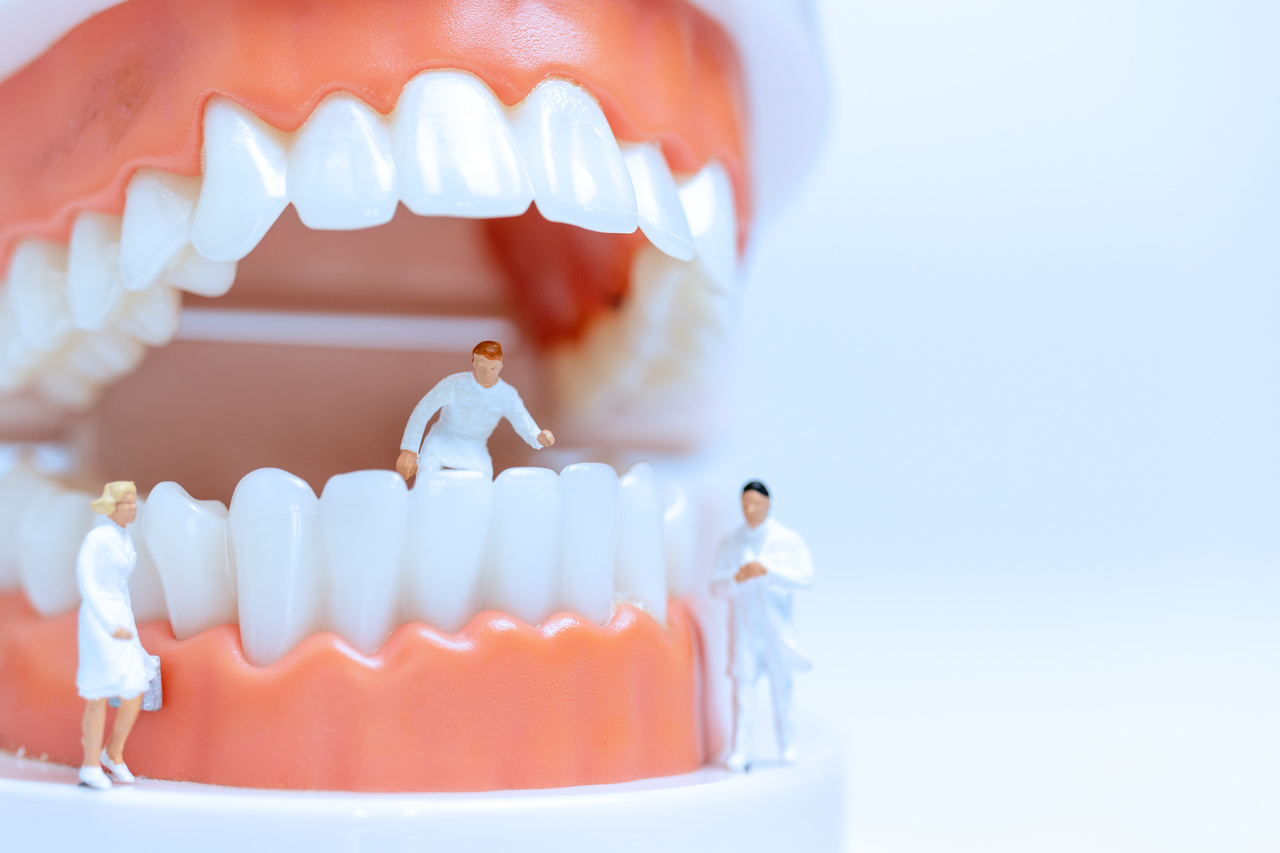Periodontal stabilization splints are crucial devices used in oral healthcare to help patients maintain the stability and health of their teeth. These splints become necessary when a patient’s teeth have become loosened due to periodontal disease or trauma. By holding the teeth in a fixed position, periodontal stabilization splints allow the surrounding tissues to heal and restore functionality. Patients who experience significant tooth mobility often seek solutions that can restore their oral health and confidence. Understanding when these splints are necessary can help in making informed decisions about treatment options.
At Union City, we provide comprehensive oral healthcare, including the use of periodontal stabilization splints. Our team is dedicated to helping patients achieve optimal oral health through the latest advancements in dental treatments. Whether dealing with the aftermath of periodontal disease or trauma, our experienced professionals can guide you through the appropriate treatment options to ensure the best outcomes for your dental health.
Understanding Periodontal Disease and Tooth Mobility
Periodontal disease, commonly known as gum disease, is a prevalent condition that affects the supporting structures of the teeth. This includes the gums, periodontal ligament, and alveolar bone. When these structures become infected and inflamed, it can lead to the destruction of the tissues that support the teeth. One of the most noticeable symptoms of advanced periodontal disease is tooth mobility, where teeth become loose and may shift positions.
Tooth mobility occurs in different stages of periodontal disease. In the initial stages, patients may notice slight movement of the teeth, which can worsen if the disease progresses. The primary cause of this mobility is the loss of bone and tissue that anchor the teeth. Without adequate support, teeth can become loose and are at risk of falling out. Periodontal stabilization splints are often recommended in these cases to provide the necessary support and prevent further damage.
In addition to periodontal disease, trauma to the mouth can also result in tooth mobility. Accidents, sports injuries, or any significant impact to the face can dislodge teeth from their sockets, making them unstable. In such situations, immediate intervention with stabilization splints is crucial to secure the teeth and allow the tissues to heal properly.
How Periodontal Stabilization Splints Work
Periodontal stabilization splints function by binding the affected teeth together, distributing the forces exerted on them during chewing and other activities. This stabilization is essential for preventing further movement and providing a stable environment for healing. The splints are typically made from materials such as composite resin or metal and are customized to fit each patient’s unique dental structure.
The process of applying periodontal stabilization splints involves several steps. First, a thorough examination and assessment are conducted to determine the extent of tooth mobility and the underlying causes. Next, the splints are designed and fabricated to match the specific needs of the patient. During the application, the splints are bonded to the teeth, ensuring they remain firmly in place. This bonding not only stabilizes the teeth but also promotes the healing of the surrounding periodontal tissues.
The duration for which the splints need to remain in place varies depending on the severity of the condition. In some cases, temporary splints are used for a few weeks to months until the teeth and gums recover sufficiently. For more severe cases, long-term or even permanent splints may be necessary to ensure ongoing stability and prevent the recurrence of mobility issues.
Benefits and Limitations of Periodontal Stabilization Splints
The primary benefit of periodontal stabilization splints is their ability to restore stability to loose teeth, allowing patients to maintain normal oral functions such as chewing and speaking. By preventing further movement, these splints also reduce the risk of tooth loss and contribute to overall oral health. Additionally, they can improve the aesthetic appearance of the teeth by aligning them properly, which can boost a patient’s confidence.
However, it is important to acknowledge the limitations of periodontal stabilization splints. While they provide necessary support, they do not address the underlying causes of tooth mobility. Therefore, it is crucial to combine splinting with other treatments, such as periodontal therapy, to manage and treat gum disease effectively. Regular dental check-ups and maintenance are essential to monitor the condition of the teeth and ensure the success of the stabilization treatment.
Another limitation is the potential discomfort or inconvenience some patients may experience while wearing splints. It may take some time to adjust to the presence of the splints in the mouth. Proper oral hygiene practices are also necessary to prevent plaque accumulation around the splints, which could lead to additional dental issues.
Is Union City the Right Choice for Your Periodontal Care?
At Union City, our priority is to provide exceptional oral healthcare tailored to meet each patient’s unique needs. With our extensive experience and state-of-the-art facilities, we are well-equipped to handle a variety of dental conditions, including those requiring periodontal stabilization splints. Our dedicated team, led by Dr. Nancy Herbst, ensures patients receive the highest level of care and attention throughout their treatment journey.
Choosing Union City means choosing a practice committed to your oral health and well-being. We understand the challenges associated with periodontal disease and tooth mobility and are here to offer the best solutions to restore your dental health. With our personalized approach, you can be confident you are receiving the most effective and compassionate care available. For more information or to schedule a consultation, contact us at (201) 601-9262 or visit our contact form. Our team is here to help you achieve and maintain a healthy, stable smile.


